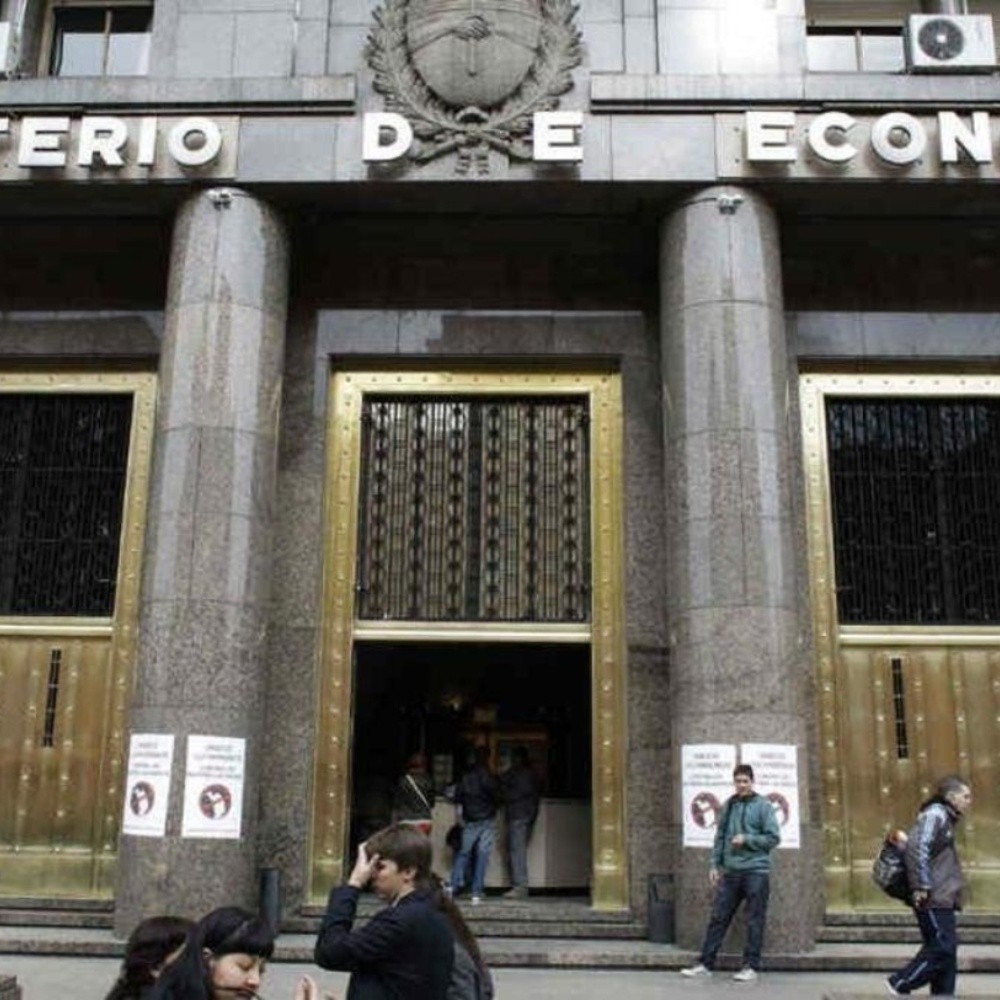The primary fiscal deficit for May climbed to $162,412 million, driven by spending growth close to 90%. In this way, the surplus result of $ 25,714 million registered in the same month of 2021 was reversed, according to the Ministry of Finance.
Let us remember that the positive result of last year included income of $80,234 million from the Solidarity and Extraordinary Contribution, that was applied for that only time, to alleviate the effects of the fight against the coronavirus pandemic.
In real terms, revenues from the national treasury fell 1.3%, while primary spending rose 17.2%. All in all, the cumulative primary deficit is 0.56% of GDP.
The financial account, for its part, showed a deficit of $242,342 million, against $114,852 million in May of last year.
In this framework, the primary monthly result “is explained by an increase in income and a growth in spending,” said the Ministry of Finance.
For their part, sources from the secretariat stressed that the figures andThey are in line with the objective of closing the year “with a fiscal deficit of no more than 2.5%” of the Gross Domestic Productas agreed with the International Monetary Fund.
In this framethe total income of the National Public System (SPN) amounted to one trillion 128,630 million pesos in May, with a growth of 58.7% year-on-year, “affected by the high comparison base of May 2021, product of the collection of the Solidarity and Extraordinary Contribution”. Without the Solidarity Contribution, the variation would have been 78.7% year-on-year.
On the other hand, primary spending registered an 88.3% rise in April with an 84.7% increase in capital investment and 94.7% for the “combination with measures of inclusion and social containment”, specified the Ministry of Economy in a press release. The expenses that grew the most in May were Current Transfers to provinces (+43.8% real), followed by Social Benefits (+21.2% real year-on-year) and Salaries (+11.6% real).
For the January-May period, primary spending showed an increase of 78.2% year-on-year, which drops to 74.2% if the items destined to the payment of the Income Reinforcement are excluded, which shows “a moderation in the growth of primary spending compared to figures from previous months,” they stressed in Economy.
In this way, in the first five months of the year a primary deficit of $434,331 million (0.56% of GDP) accumulates, and a financial deficit of $848,339 million.
In this note:
